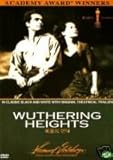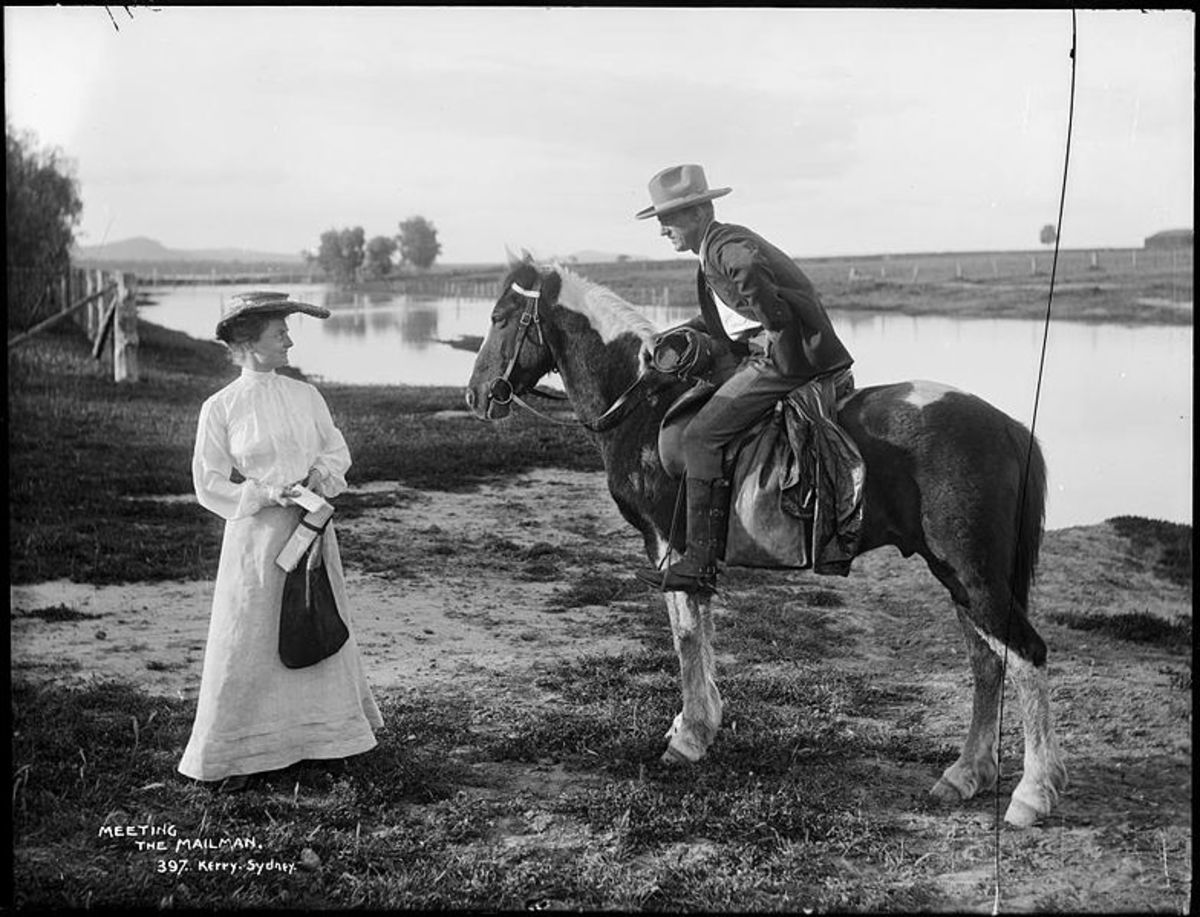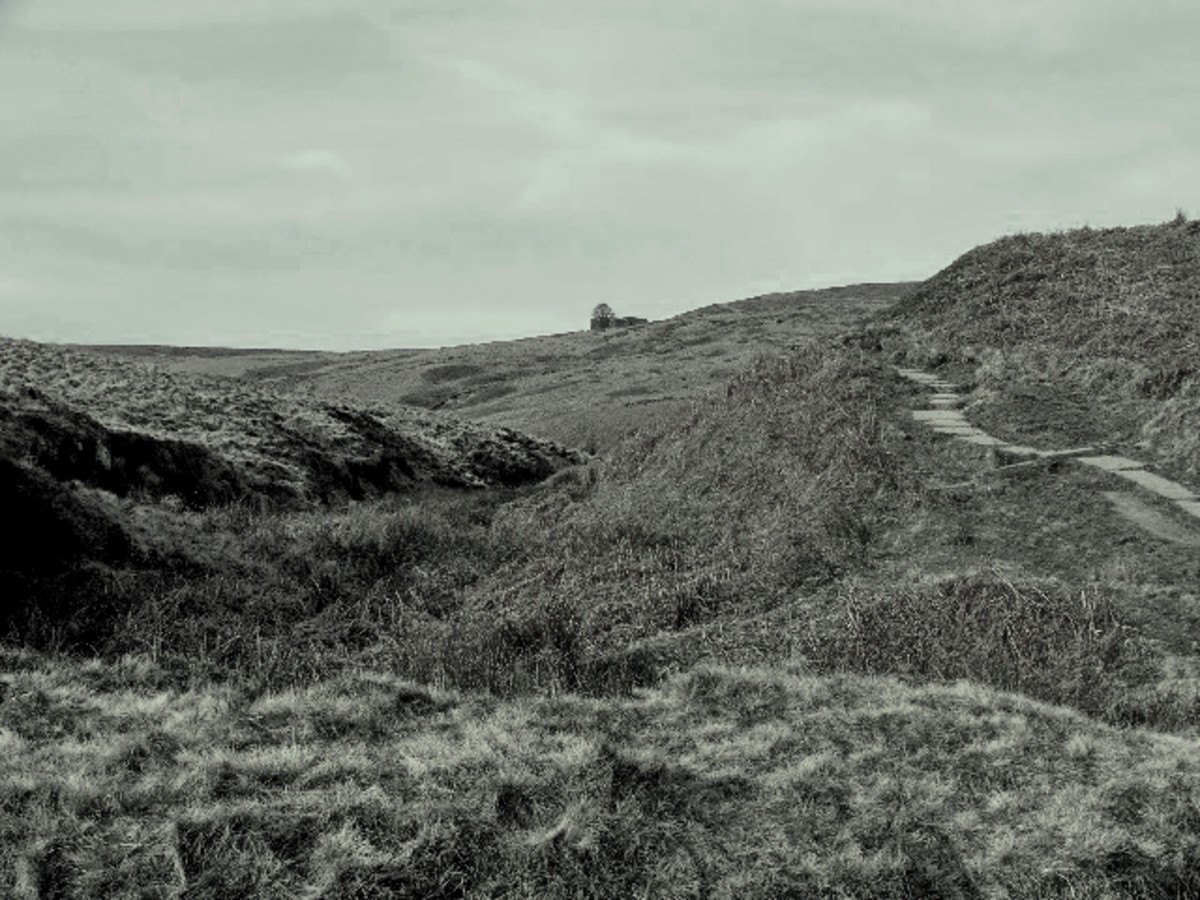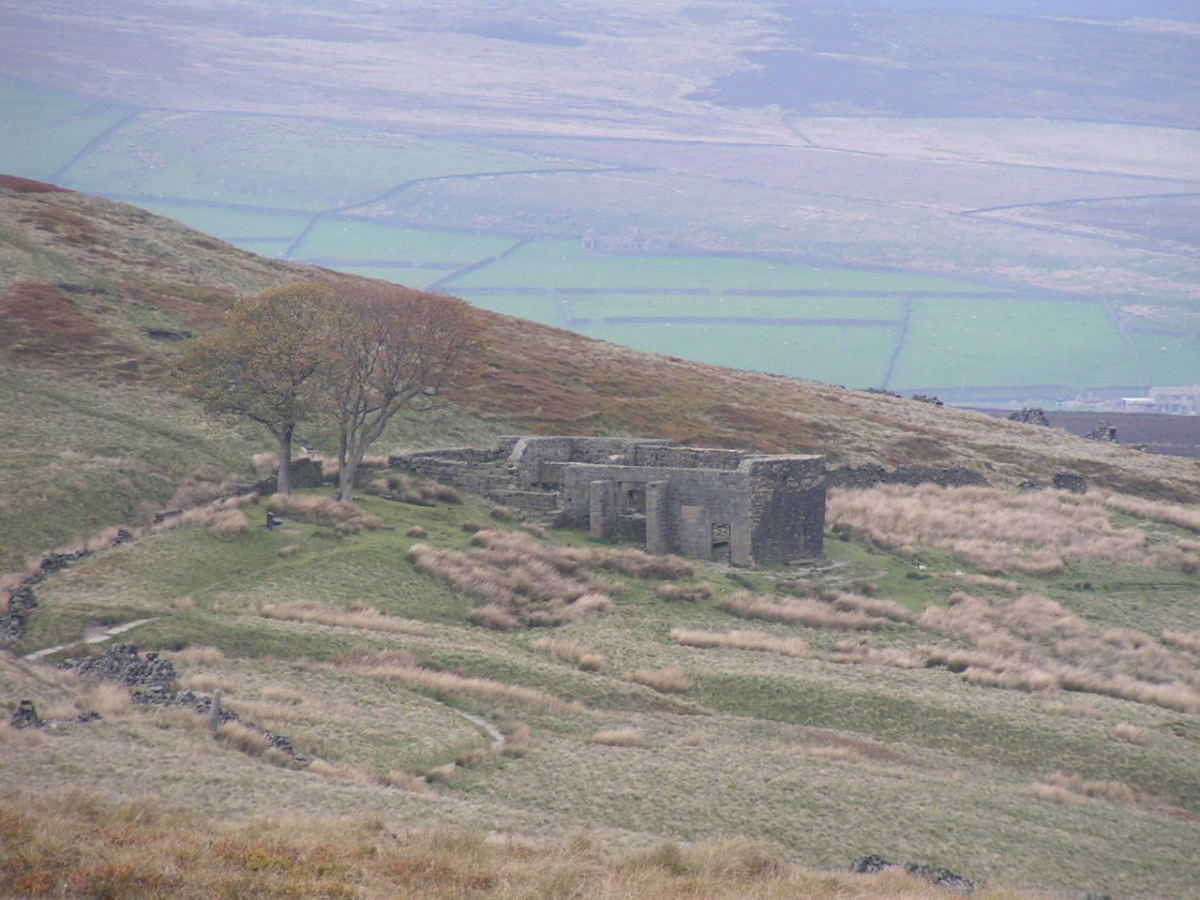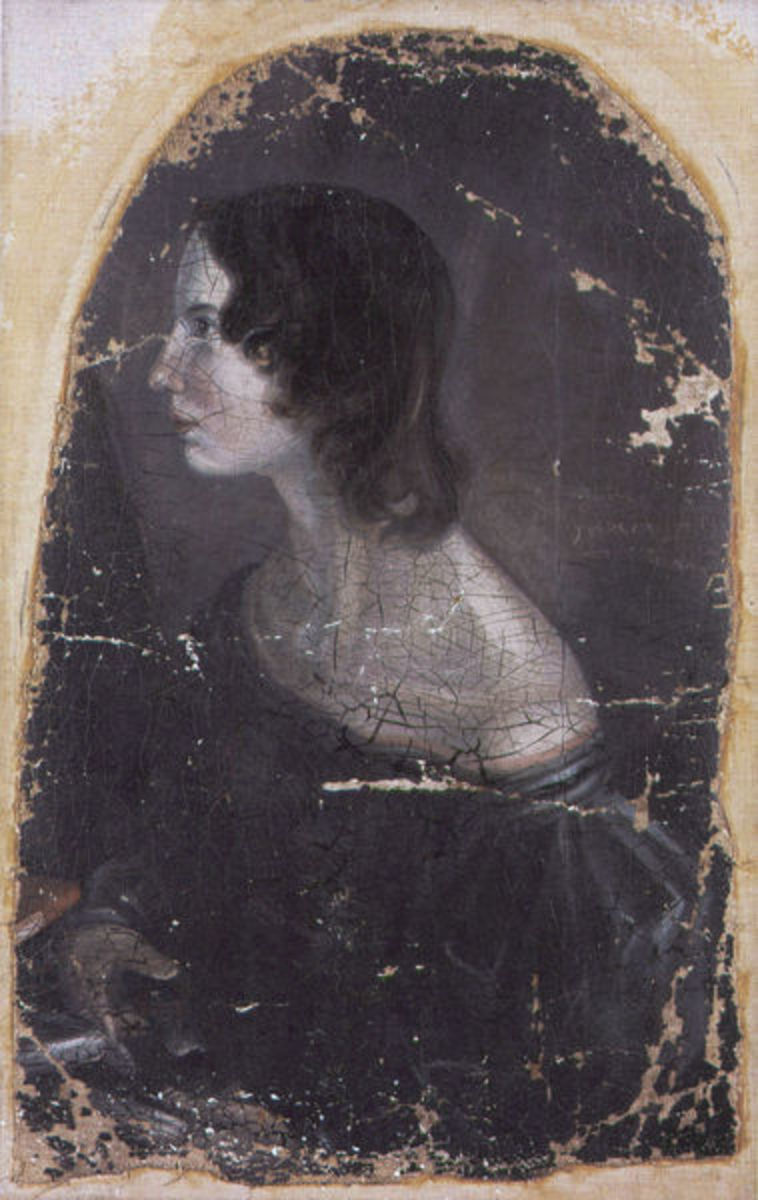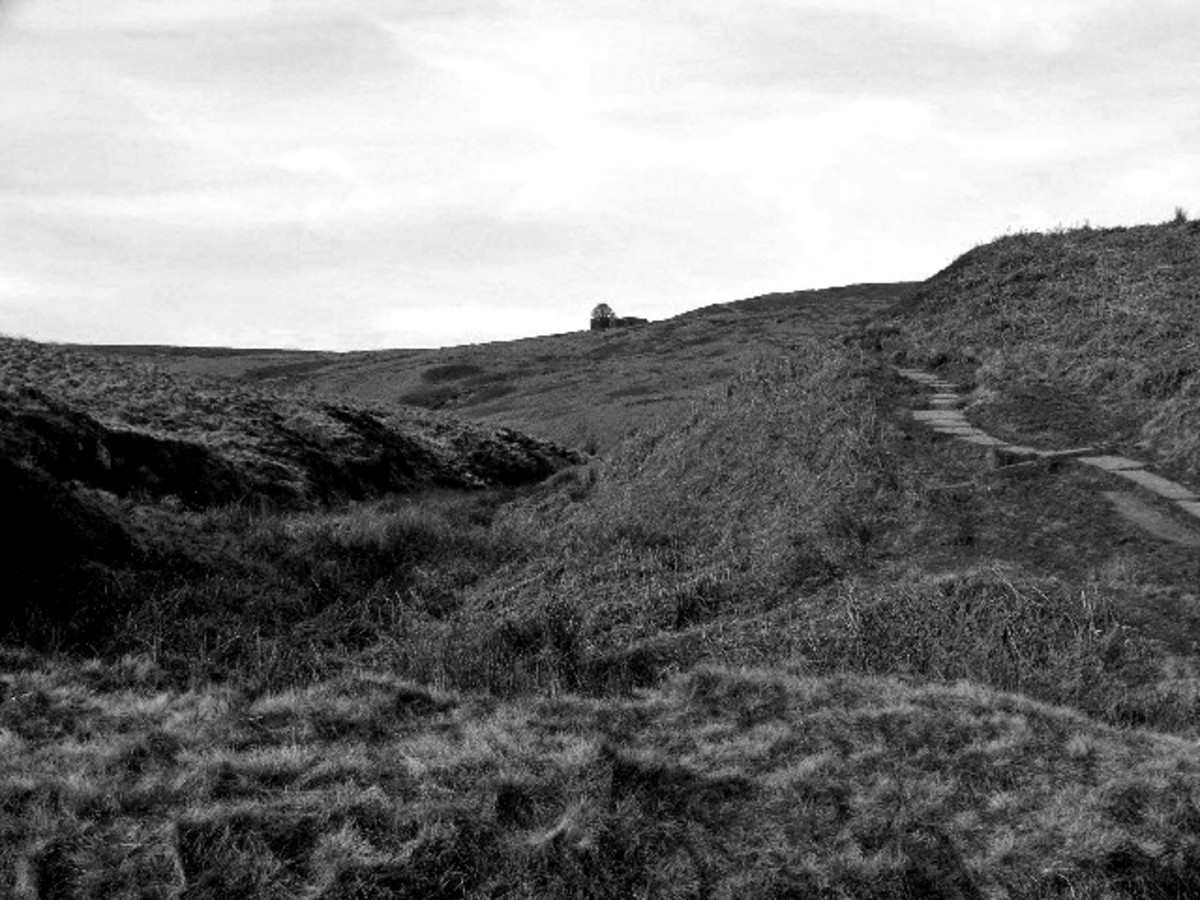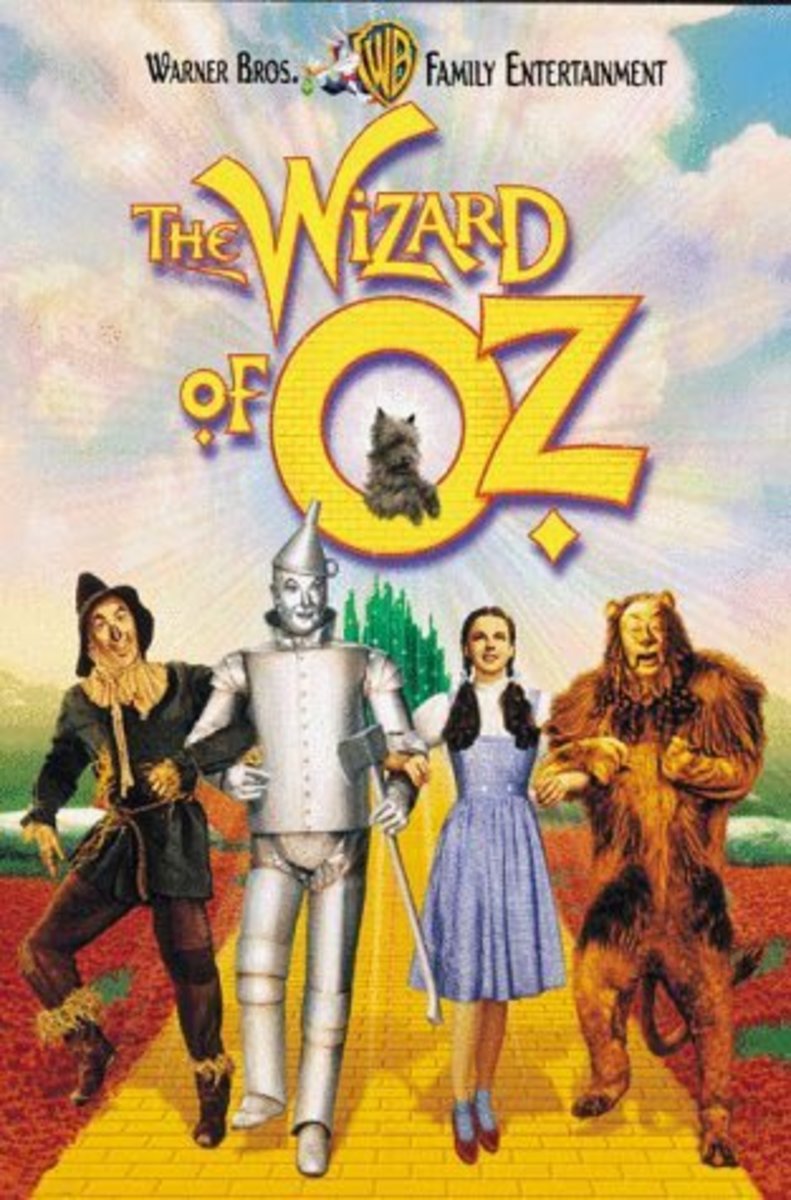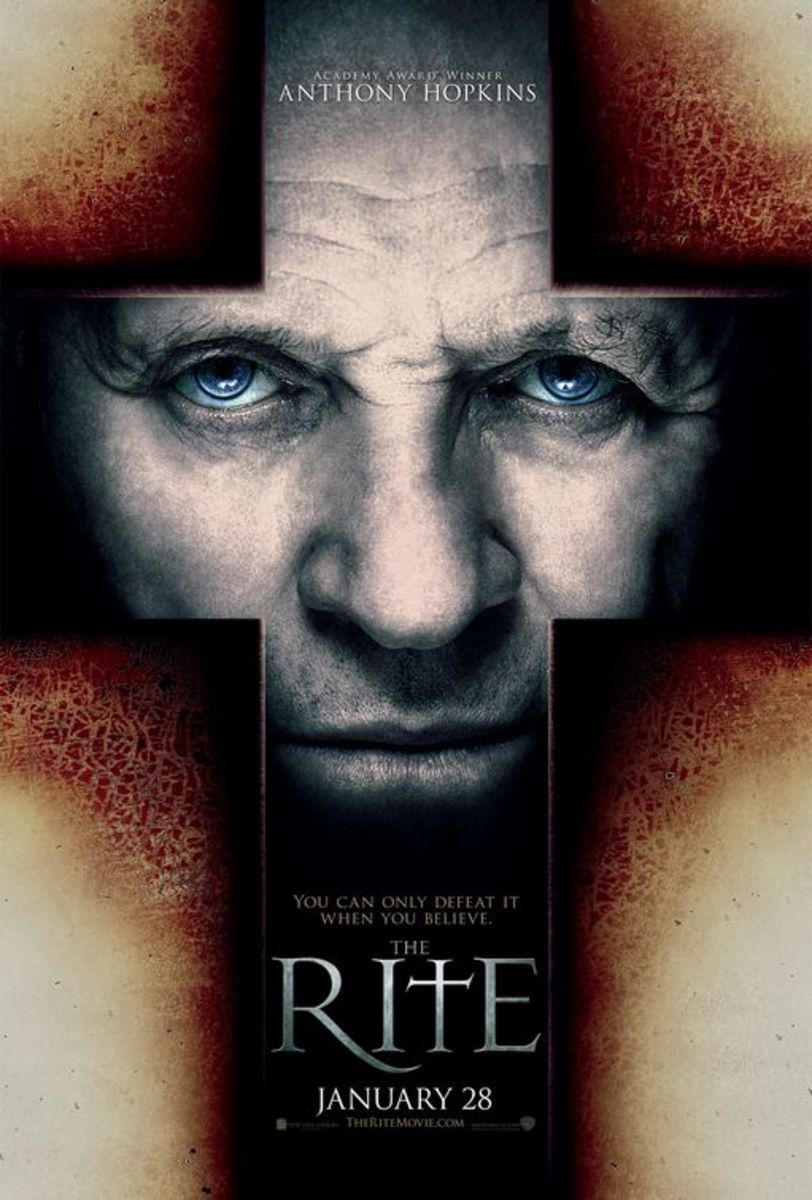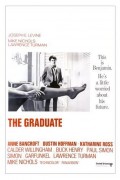Wuthering Heights, The 1939 Movie Masterpiece
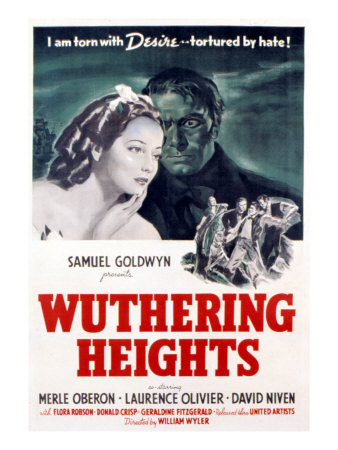
Intro
Emily Bronte's monumental novel, a melodramatic tale of unrequited love, jealousy and revenge first published in 1837, is a wildly imaginative story of wild passions reflecting the wild and stormy weather of the Yorkshire Moors. The novel is generally regarded as one of the supreme masterworks of English literature.
It is certainly no easy novel to film. Other cinematic versions have been made but the 1939 version, under William Wyler's inspired direction, is generally regarded as the 'classic' and one of the greatest romantic films ever made. It is the film which propelled Lawrence Olivier to world stardom and which Samuel Goldwyn regarded as the best he ever produced.
In a vintage year for Hollywood movies, Wuthering Heights held its own among intense competition, even surpassing Gone With the Wind to win the New York Film Critics' Award as 1939's Best Picture. And though it only took home one Academy Award--for Toland's atmospheric photography--there were Oscar nominations for Best Picture, Screenplay, Director Wyler, Supporting Actress Geraldine Fitzgerald (in the role Vivien Leigh rejected), Alfred Newman's score--and, in the first of his Best Actor nominations, Laurence Olivier.
Laurence Olivier
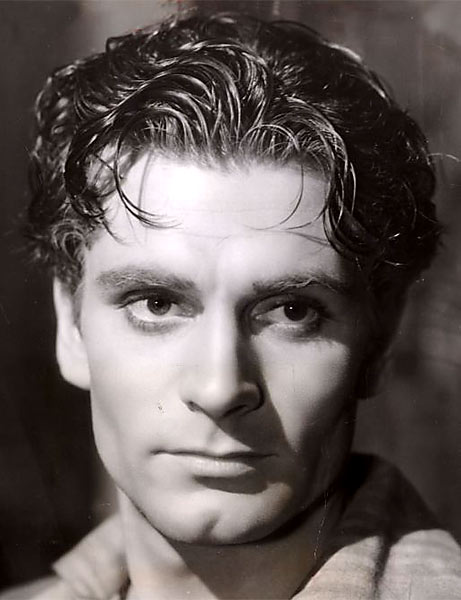
The Film's Opening
Basic Story Line
Anyone who has read the novel will know that the plot is complex, involving the lives of three generations of several families, skilfully interwoven by the genius of Emily Bronte. The writers of the screenplay decided to simplify the tortuous plot and ended the movie with the death of Cathy. Nevertheless, much of the original dialogue is retained and the movie skilfully recreates the dark brooding atmosphere of the novel, suitable to the theme of doomed love.
The story is unfolded through retrospective narration by the housekeeper (Flora Robson) of the early-Victorian mansion (called, yes, Wuthering Heights) on the bleak Yorkshire moors. After briefly detailing the backgrounds of the three principals as children, her tale swings into the main theme of love and tragedy.
The focus of the story is on the moody gypsy youth known only as "Heathcliff" who, through his unfulfilled love for the well-born and self-centered Cathy Earnshaw, is driven to extremes of vindictiveness, ending in either death or tragedy for everyone involved.
It begins when Earnshaw (Cecil Kellaway) returns home with what he calls a gift from God--Heathcliff, an orphan. Hindley, Earnshaw's son, disapproves and makes Heathcliff's life miserable. Cathy, his daughter, finds a soulmate in Heathcliff. They grow up. Hindley (Hugh Williams) becomes ever more cruel. Cathy (Merle Oberon) is capricious. She encourages Heathcliff, telling him he's a prince in disguise. He replies that she'll always be his queen. But she thinks he is socially inferior, and she is interested in the luxury offered by Edgar Linton (David Niven). When Heathcliff hears Cathy tell Ellen it would degrade her to marry him, he runs away, not knowing that Cathy goes on to say "I am Heathcliff," or that, too late, she desperately runs after him.
Three years go by, during which Cathy marries Edgar. Then Heathcliff returns, now rich and ready to wreak revenge on Hindley, on Linton, and on Cathy. He proceeds to devote himself to making Edgar and Cathy as miserable as possible by marrying Edgar's young sister, Isabella (Geraldine Fitzgerald). He succeeds in what he sets out to do, causing enough misery so that he drives a heartbroken Cathy to an early grave.
With Cathy's death scene ended, the film returns to the end of Ellen's narration, told to Mr. Lockwood in front of the fireplace at Wuthering Heights.
In the final memorable image, the young, ghostly spirits of Cathy and Heathcliff are re-united for eternity (super-imposed as they walk over the snow) in death on Peniston Crag, where they had spent many happy hours together in their childhood walking joyously across the heath.
This famous scene was actually filmed after the original cast was released. Goldwyn was adamant on some semblance of a "happy" ending by having the ghosts of Heathcliff and Cathy walking off into the clouds. Wyler refused to shoot that ending, and Goldwyn brought in another director and doubles for Olivier and Oberon to do it.
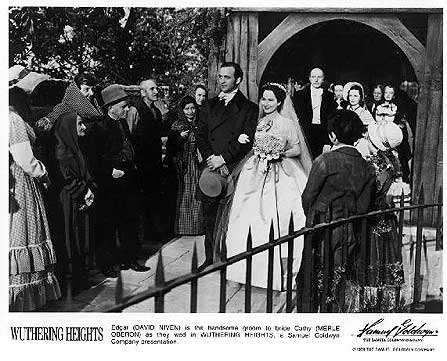
Great Hollywood Stars
- Gregory Peck
Among the names of the Hollywood great and good, few are as well-respected and universally adored as Gregory Peck. For more than fifty years, he was a major presence in the theater, on television, and most importantly, on the big screen. - Bette Davis, Hollywood First Lady
With a career spanning six decades, few in the history of film rival her longevity and appeal. She received 10 Oscar nominations, and in 1977, she was the first woman to be honored with the American Film Institute's Lifetime Achievement Award - James Cagney, More Than A Gangster
One of Hollywood's most famous male stars and the cinema's quintessential "tough guy." Cagney was also an accomplished song and dance man and easily played light comedy. In 1999, the AFI ranked him at No. 8. among the Greatest Male Stars of All Time. - Vivien Leigh, English Southern Belle
She only made 20 films. Yet this English actress won 2 Best Actress Oscars playing American Southern Belles and in Scarlett O'Hara and Blanche DuBois, immortalized two of the greatest women's roles the screen has ever seen.
More Golden Age Hollywood Movies
- Citizen Kane, Movie Masterclass
The world's most famous and highly-rated film, with many remarkable scenes and innovative cinematic techniques. Its director, star, and producer were all the same remarkable genius - Orson Welles - who was making his film debut at the age of 25. - City Lights, Charlie Chaplin Shines Bright
City Lights is generally regarded as Chaplin's greatest film and represents the peak of his achievement and reputation. It offers a combination of pathos, slapstick and comedy and shows Chaplin's comic, acting and artistic genius at its finest. - The Philadelphia Story, Sophisticated Hollywood
The Philadelphia Story is an intelligent, romantic comedy of love and marriage, human growth and class distinctions. It is an extraordinarily well done witty, sparkling masterpiece, and displays three major Hollywood talents at their artistic peak. - King Kong (1933), Beauty and the Beast
King Kong was ranked among the 50 best films of the 20th century. He is one of the most popular, and iconic characters in the history of motion pictures, simultaneously a terrifying monster, and tragic romantic hero.
Cast List
CAST: Merle Oberon (Catherine Earnshaw); Laurence Olivier (Heathcliff); David Niven (Edgar Linton); Flora Robson (Ellen Dean); Donald Crisp (Dr. Kenneth); Hugh Williams (Hindley Earnshaw); Geraldine Fitzgerald (Isabella Linton); Leo G. Carroll (Joseph); Cecil Humphreys (Judge Linton); Miles Mander (Mr. Lockwood); Romaine Callender (Robert); Cecil Kellaway (Mr. Earnshaw); Rex Downing (Heathcliff as a child); Sarita Wooton (Cathy as a child); Douglas Scott (Hindley as a child); Mme. Alice Ehlers(Harpsichordist).
Other Credits
Director: William Wyler; Producer: Samuel Goldwyn; Screenwriters: Ben Hecht and Charles MacArthur; Based on the novel by Emily Bronte; Cinematographer: Gregg Toland; Editor: Daniel Mandell; Art Director: James Basevi; Set Decorator. Julie Heron; Costumes. Omar Kiam; Musical Direclor: Alfred Newman; Special Character Makeup: Blagoe Stephanoff; Running Time: 104 minutes.
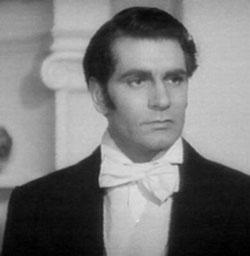
Heathcliffe - Laurence Olivier
Laurence Olivier is considered by many to be the greatest actor of his generation, if not of all time.
Originally making his mark on the London stage as a Shakespearean specialist he then made his mark in Hollywood, firstly in Wuthering Heights, which brought him the first of an astonishing 11 eleven Academy Award nominations, and then in Hitchcock's Rebecca, Spartacus and Khartoum.
He was accused of cashing in on his reputation in his later years but no other actor has made a greater contribution to his profession.
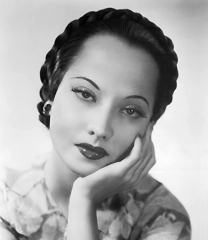
Cathy - Merle Oberon
Wuthering Heights was her most famous film but she had a successful career both before and after it.
She was born in Bombay in 1911 and educated in that country until the age of 17, when she left for London. She began her career in British films with a succession of bit parts. However, her career received a major boost when the director Alexander Korda took an interest and gave her a small but prominent role, as Anne Boleyn in The Private Life of Henry VIII (1933) opposite Charles Laughton. The film was a great success and, after marriage to Korda, she moved to Hollywood and became a major star.
Edgar Linton - David Niven
David Niven began his Hollywood career as an extra after resigning a commission with the Highland Light Infantry. His Sandhurst military school training and inherited membership of the officer class equipped him for many of the parts he was to play: charming, dapper and with a dash of light-hearted sexual roguishness. Following his military discharge, Niven had parts in a number of notable Hollywood films of the 1930s including The Charge of the Light Brigade (1936), Dodsworth (1936), The Prisoner of Zenda (1937) and Niven's first major success; The Dawn Patrol (1938).
Signed to Goldwyn, he followed a supporting role in Wuthering Heights (1939) with his first starring role in Raffles (1940), a remake of the Ronald Colman original.




